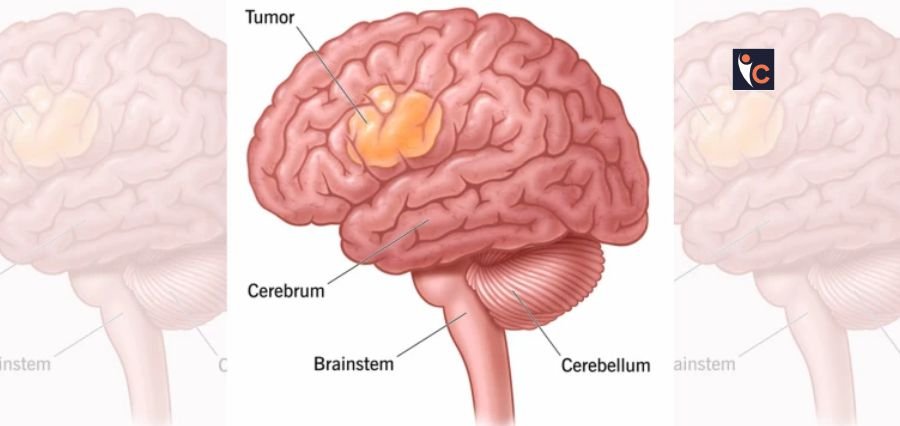Twenty percent of the over 40,000–50,000 instances of brain Tumours that are recorded in India each year, according to the International Association of Cancer Registries, include youngsters.
World Brain Tumour Day is observed on June 8th each year, when people come together to raise awareness of brain Tumours. This global celebration offers a potent forum for public education, patient care advocacy, and recognizing the tenacity of individuals coping with this difficult illness. The purpose of World Brain Tumour Day is to raise awareness of the effects that brain Tumours have on both the individual and the larger society.
An abnormal growth of cells within or surrounding the brain is known as a brain Tumour. Central nervous system (CNS) Tumours are the combined term for brain and spinal Tumours. Brain Tumours may or may not be malignant. While some Tumours develop slowly, others grow swiftly.
Of brain Tumours, only approximately one-third are malignant. However, whether or not they are malignant, brain Tumours affect brain function and health when they become large enough to compress nearby blood arteries, neurons, and tissue. Primary Tumours are those that originate in the brain. Secondary Tumours, also known as metastatic brain Tumours, are cancers that originate in another area of the body and then move to the brain.
A brain Tumour is usually diagnosed by a combination of imaging tests (MRI, CT scan, etc.), neurological exams, and tissue investigation through biopsy. The location and size of the brain Tumour affect the symptoms of brain cancer. Particularly in its early stages, brain cancer shares many symptoms with a number of less dangerous illnesses. Numerous symptoms are typical and don’t always point to brain cancer. The signs and symptoms of brain Tumours are the same whether they are benign or malignant (cancerous). Depending on the kind, stage, and location of the Tumour in the brain, they vary.
The following are a few of the most typical signs of a brain Tumour:
- Episodes of headaches
- Seizures
- Issues with vision
- Loss of memory
- Shifts in mood
- Tipping off
- queasy Feeling
- Tiredness
- Sadness or anxiety
- Trouble focusing
- Issues with speech
- Experiencing confusion or disorientation
- Deterioration in coordination
- Weakness in muscles
- One side of the body experiencing tingling or stiffness
Early identification of brain cancer significantly improves the prognosis. One should consult a doctor right away for an evaluation if they regularly encounter any of the aforementioned symptoms or believe they are more serious.
Read More: Click Here





